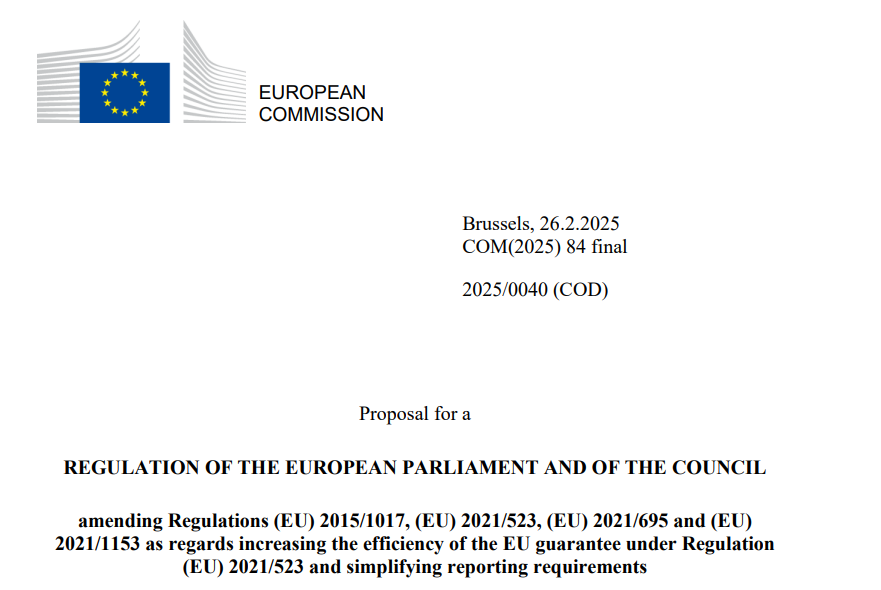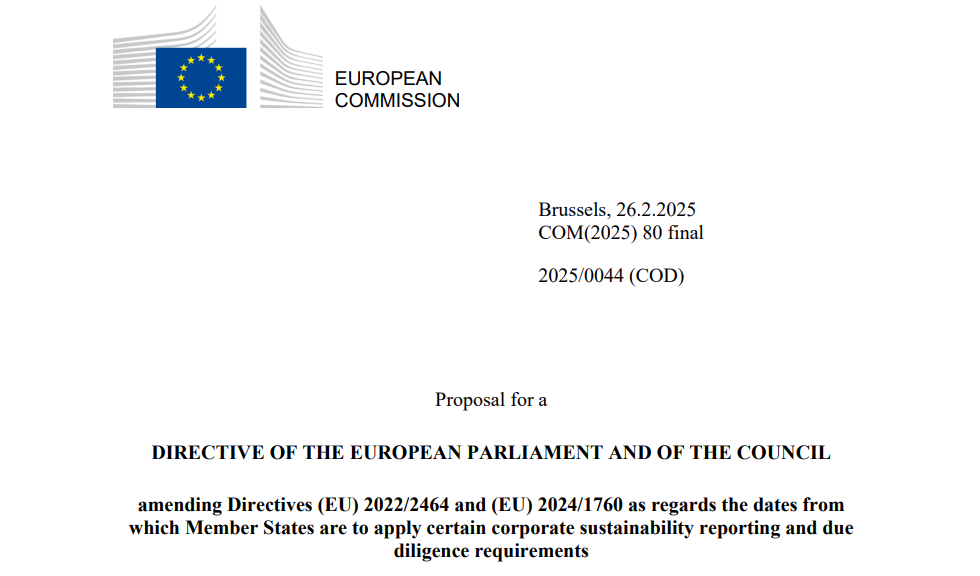Germany to Repeal Supply Chain Due Diligence Act in Favour of EU Legislation
Germany is set to revise its national approach to supply chain due diligence. The recently announced plans to repeal the LkSG signal a shift toward regulatory alignment with EU-level frameworks, with implications for future corporate sustainability obligations and reporting practices.

As part of its Immediate Programme for Bureaucracy Reduction, Germany’s new coalition government has announced plans to repeal the national Supply Chain Due Diligence Act (LkSG). The announcement was included in the coalition agreement published on 9 April.
Provisions of the Coalition Agreement Regarding the LkSG
The abolition of the LkSG was confirmed in the coalition agreement between the CDU, CSU and SPD. The agreement states that the LkSG will be abolished and replaced with a new law on international corporate responsibility, intended to implement the EU Corporate Sustainability Due Diligence Directive (CSDDD) in a way that is “less bureaucratic and more enforcement-friendly.” The reporting obligations under the LkSG will be immediately discontinued and will no longer apply.
Until the new legislation comes into effect, the due diligence obligations of the LkSG will not be sanctioned – except in cases involving serious human rights violations. Additionally, the coalition expressed its support for the European Commission’s Omnibus initiative, which seeks to reduce and delay the EU’s sustainability reporting requirements, particularly for SMEs.
Background: The German Supply Chain Due Diligence Act (LkSG)
The German Supply Chain Due Diligence Act (Lieferkettensorgfaltspflichtengesetz, or LkSG) entered into force on 1 January 2023. Initially applicable to companies with more than 3,000 employees, the scope expanded to those with over 1,000 employees from 1 January 2024. However, its reach extended indirectly to smaller businesses involved in the supply chains of affected German enterprises.
The law placed companies headquartered or operating in Germany under mandatory obligations to uphold human rights and environmental standards across their global supply chains. It required enterprises to establish due diligence procedures, conduct regular risk assessments, and adopt preventive measures to mitigate adverse impacts on people and the environment.
The LkSG explicitly referenced international conventions, including those on forced labour and the rights of indigenous peoples. Its aim was to prevent human rights violations and environmental harm by embedding proactive risk identification and mitigation measures into corporate supply chain governance.
Context: EU-Level Developments – CSDDD and the Omnibus Package
In May 2024, the European Parliament adopted the Corporate Sustainability Due Diligence Directive (CSDDD), establishing mandatory obligations for large EU and non-EU companies to identify, prevent and mitigate adverse human rights and environmental impacts throughout their operations, subsidiaries and value chains.
More recently, in April 2025, the European Parliament voted to extend the transposition deadline of the CSDDD. Under the revised timeline, EU member states now have until 26 July 2027 to incorporate the directive into national law, with corresponding delays in its application. These adjustments form part of the broader Omnibus simplification package, aimed at easing compliance burdens and providing SMEs and companies with phased implementation pathways.
Conclusion
Germany’s decision to replace the LkSG with a new law aligned to the CSDDD reflects an effort to streamline implementation and reduce administrative burden, while remaining within the broader EU regulatory framework. Although the coalition agreement is still pending formal approval by party leadership bodies, this is expected to occur by the end of April. Rather than signalling a withdrawal from due diligence commitments, the move represents a shift toward harmonising national legislation with evolving EU-level requirements.



